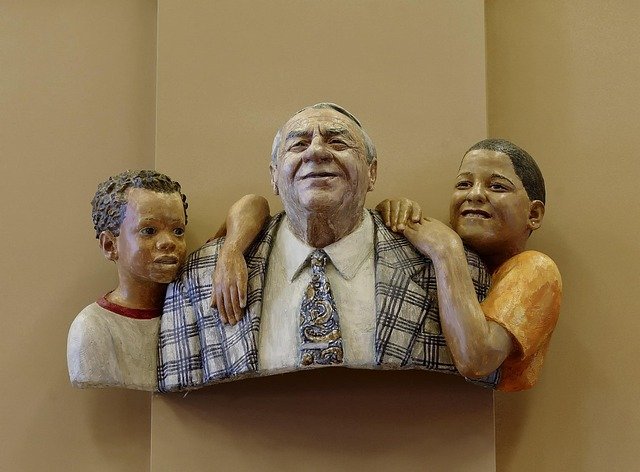Choosing Baby Names: Traditions, Generations, and Cultural Diversity
Choosing a baby name is a decision that blends meaning, sound, family history, and social context. Names can signal connections to ancestry, reflect generational trends, and respond to cultural change. This article outlines practical considerations for picking a name, explains how traditions and diversity shape choices, and offers ways to balance personal preference with wider cultural awareness.

What does a name convey?
A name conveys identity, social signals, and sometimes expectations. Beyond simple identification, names can reference meanings, virtues, or stories parents want to pass on. Some families prioritize phonetic flow with a surname, others look for meanings in original languages. Consider how a name sounds in everyday use, its likely nicknames, and whether its spelling will require frequent corrections. Practical aspects — such as initials, ease of pronunciation in common languages used by the child, and how the name fits on official documents — are also part of what a name conveys.
How do generations influence name choices?
Generational patterns shape which names feel familiar or novel. Parents often draw from names that were common in their own childhoods, react against previous generations, or revive family names to honor ancestors. Cultural cycles mean names can move from popular to unfashionable and back again over decades. Awareness of generational trends helps explain why vintage names reappear, why certain sounds dominate a period, and why parents may deliberately choose something timeless versus distinctly modern. Observing generational influences clarifies how a name may be perceived over a lifetime.
Why do families keep traditional names?
Traditional names preserve lineage, religious affiliation, or community ties. Many families maintain naming customs such as honoring elders, using names from sacred texts, or following regional patterns. These traditions provide continuity and a sense of belonging, especially in communities where names carry communal histories. At the same time, families may adapt traditions — altering spellings or combining names — to reflect new identities while honoring the past. Understanding the reasons behind traditional choices helps navigate expectations and design a name that respects heritage.
How do cultural backgrounds shape names?
Cultural background supplies a rich source of names, naming rules, and meanings. Languages have naming structures, gender norms, and conventions for family or clan names. Migrating families often balance preserving native names with selecting versions that work in their new linguistic environment. It’s helpful to research original pronunciations and meanings, and to consider consultation with family members or cultural leaders when choosing a name drawn from a culture other than one’s own. Respectful use includes learning correct pronunciation, understanding significance, and avoiding names with sacred or restricted use in some contexts.
How does diversity affect naming trends?
Greater cultural diversity has broadened the palette of names parents consider, increasing cross-cultural blends and creative combinations. Global exposure through media and social networks introduces names from many languages, encouraging hybrid choices and novel spellings. This increased variety can enrich identity options but also raises questions about cultural context and appropriation. Balancing appreciation for diverse names with respectful understanding, and ensuring the name’s meaning and pronunciation are appropriate, supports thoughtful choices that reflect both individuality and social awareness.
Choosing a baby name involves balancing personal taste, family traditions, generational context, and cultural sensitivity. Practical checks — such as trying the name aloud with a surname, imagining it at different life stages, and verifying spelling and pronunciation — can prevent surprises. Where a name comes from another language or culture, a bit of research and conversation with knowledgeable relatives or community members helps ensure respect for origin and meaning. Ultimately, well-informed choices honor both the child’s future and the communities that shape identity.






